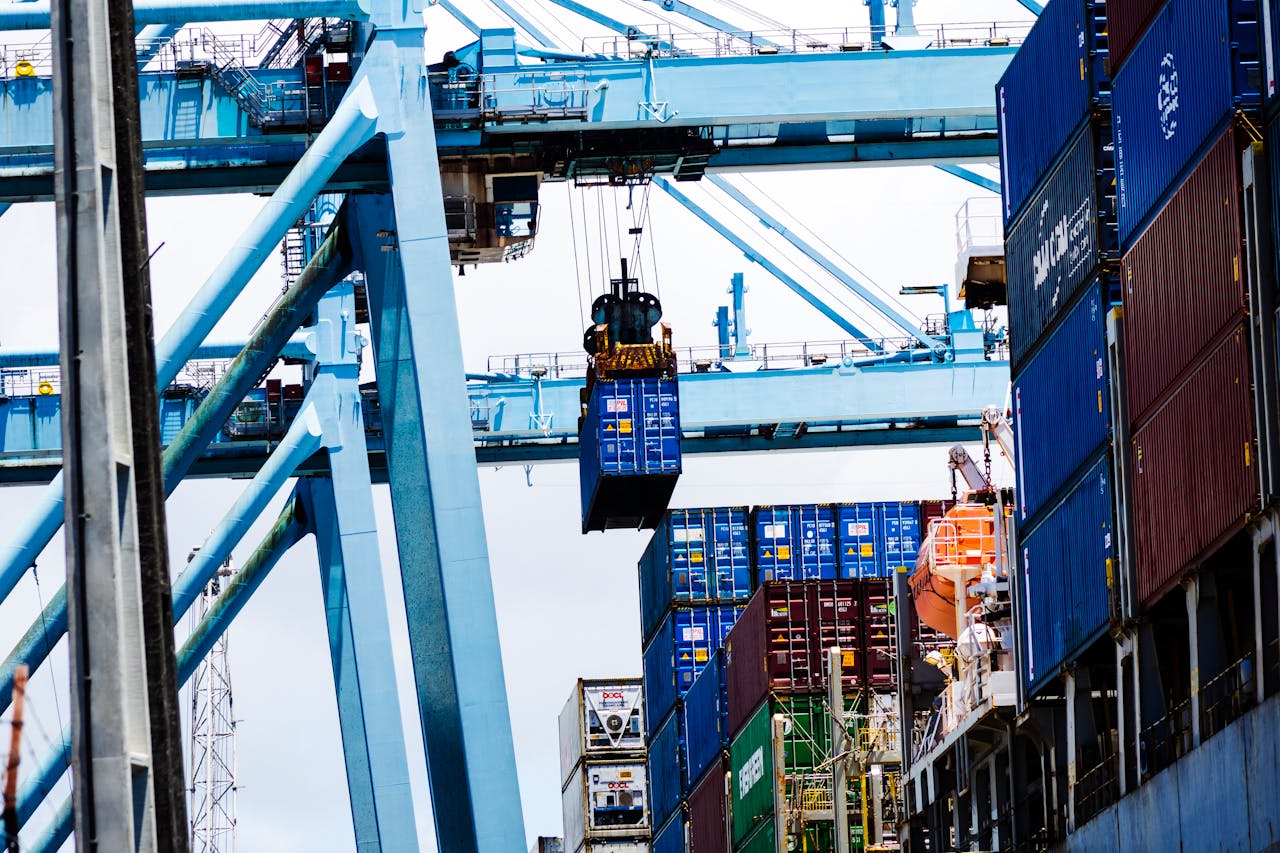Over the last few years, there has been a massive explosion in global e-commerce. With giants like Amazon and eBay driving the sector, the sheer volume of goods shipped around the world has ballooned beyond all expectations. The effect throughout supply chain logistics is significant, especially in freight forwarding – and it’s unlikely to change. Businesses and logistics need to keep up with ever-increasing demand, but how should it be done? What is the real impact of e-commerce on freight forwarding, and what does the sector need to look at to stay ahead of the game?
The Changing Dynamics in Freight Forwarding
Shipping has always been a busy trade. From the days of moving spices and lace around the world, commence has relied on the smooth movement of goods.
Demand now, however, is unprecedented. E-commerce and the internet connect every country across the globe, making it so nearly anyone can order practically anything from almost anywhere with a few button clicks. Shipping volume and diversity have increased exponentially.
An industry report by Grand View Research in 2023 indicates that the e-commerce logistics market, valued at over $300 billion in 2022, is growing by 22.3% per year.
E-commerce is driving enormous change in the freight forwarding sector, redefining how goods are stored, transported, and delivered.
Compare the landscape in 1980, less than fifty years ago, when only 0.1 billion metric tons of goods were shipped around the world, to 2021, when the figure was 1.95 billion metric tons. That’s almost 20 times larger – requiring 20 times the transportation and 20 times as much warehousing.
Not only that, but the characteristics of those shipments have changed too. Direct B2C purchasing creates smaller order sizes that are far more frequent, with a far greater spread of destination points. Competition also drives the need for speed, with customers today expecting 48-hour or faster delivery times, irrespective of the shipping distance or intervening infrastructure.
Even in the last ten years, the changes and increased pressure on the industry have been unparalleled, making the current logistics landscape almost entirely different from that of a decade ago.
Meeting Customer Expectations
A large factor shaping the changes in the freight forwarding industry is customer expectations.
In addition to the competitive demand for super-rapid delivery, there are other expectations, including:
- Transparency and Tracking – The demand for real-time tracking and overall visibility in the shipping process is unprecedented. Features that provide delivery control and progress data are now considered essential.
- Flexibility – Where in the past, the onus was placed on the customer to be available at delivery times, now customers expect far more flexible delivery options, such as same-day delivery, evening deliveries, or pickup points.
- Returns Management – An efficient returns process that facilitates the customer is another aspect that is becoming a vital service for modern logistics providers.
How Technology is Helping
E-commerce isn’t just changing the shopping experience, it is fundamentally altering the entire shipping industry. It is significantly responsible for the positive boost in technology transforming the freight forwarding sector – technology and software that is critical to manage the infrastructure and shipping of the vast amount of cargo.
Digital Transformation
Online platforms to connect shippers and carriers have revolutionised the speed of communication, streamlining every aspect of the booking process, including making it easier to compare quotes and determine the best deals to improve the value of freight forwarding.
Digital tools are also used for inventory assessment, warehouse stock control, aligning with authority regulations, customer management, and many other aspects of freight forwarding.

Data Integrity
Centrally held and shared data means multiple personnel can access systems over multiple locations, speeding up every aspect of logistics. Increasingly sophisticated data analysis improves reporting, leading to optimised transport routes, better prediction and anticipation, and constant cargo tracking – all leading to better cost-efficiency and faster deliveries.
Automation
Many basic tasks can now be undertaken by automated systems, from robotic picking and packing, through to efficient routine repetition. The consistency of computer-based automation leads to fewer errors, faster actioning, and a greater level of reliability throughout the freight forwarding process.
How Millennium Cargo is Adapting to the E-commerce Era

At Millennium Cargo, we have technology experts who research, analyse and then adopt the tech solutions that will best improve our process, enabling us to provide a fast and reliable service, even with a continued surge in demand.
We use technology to streamline e-commerce fulfilment, exceeding customer expectations.
Our ability to navigate complex international regulations is at the core of our business and ensures we provide reliable, efficient shipping solutions for e-commerce businesses.
Throughout, our focus is always on meeting the needs of each client – providing a service that is trustworthy and reliable. Our clients return to us time and time again because no matter how the world changes or the pressures on freight forwarding services increase, you know we can meet the challenge.
E-commerce isn’t a trend, it’s a permanent change to the world of freight; embracing its dominance and making the fundamental shifts in how we all work to meet its demands is essential.
Work with Millennium Cargo as your freight forwarder and know that you have a partner that understands the e-commerce landscape and will ensure you thrive in this new frontier. Contact us today.

